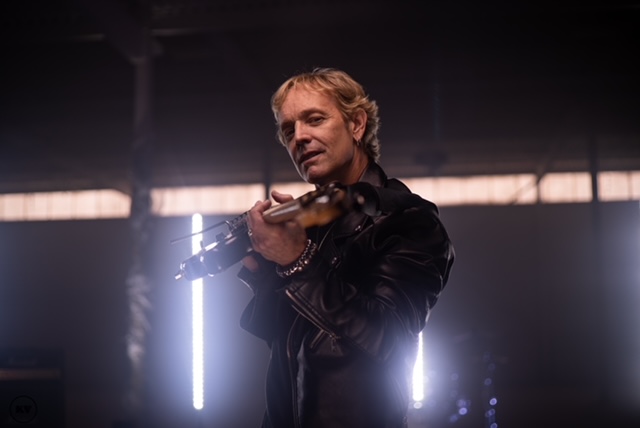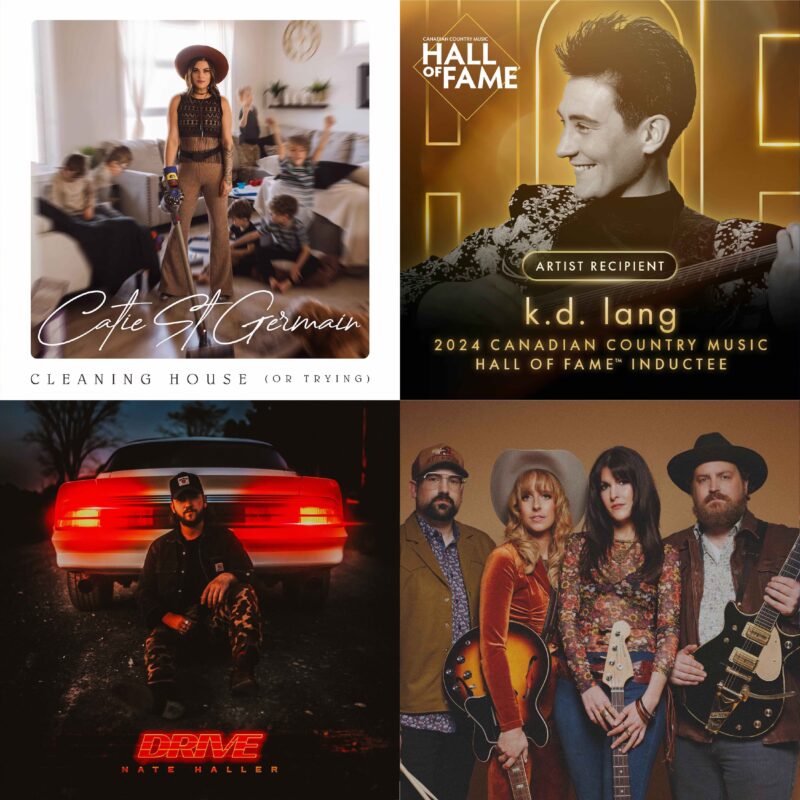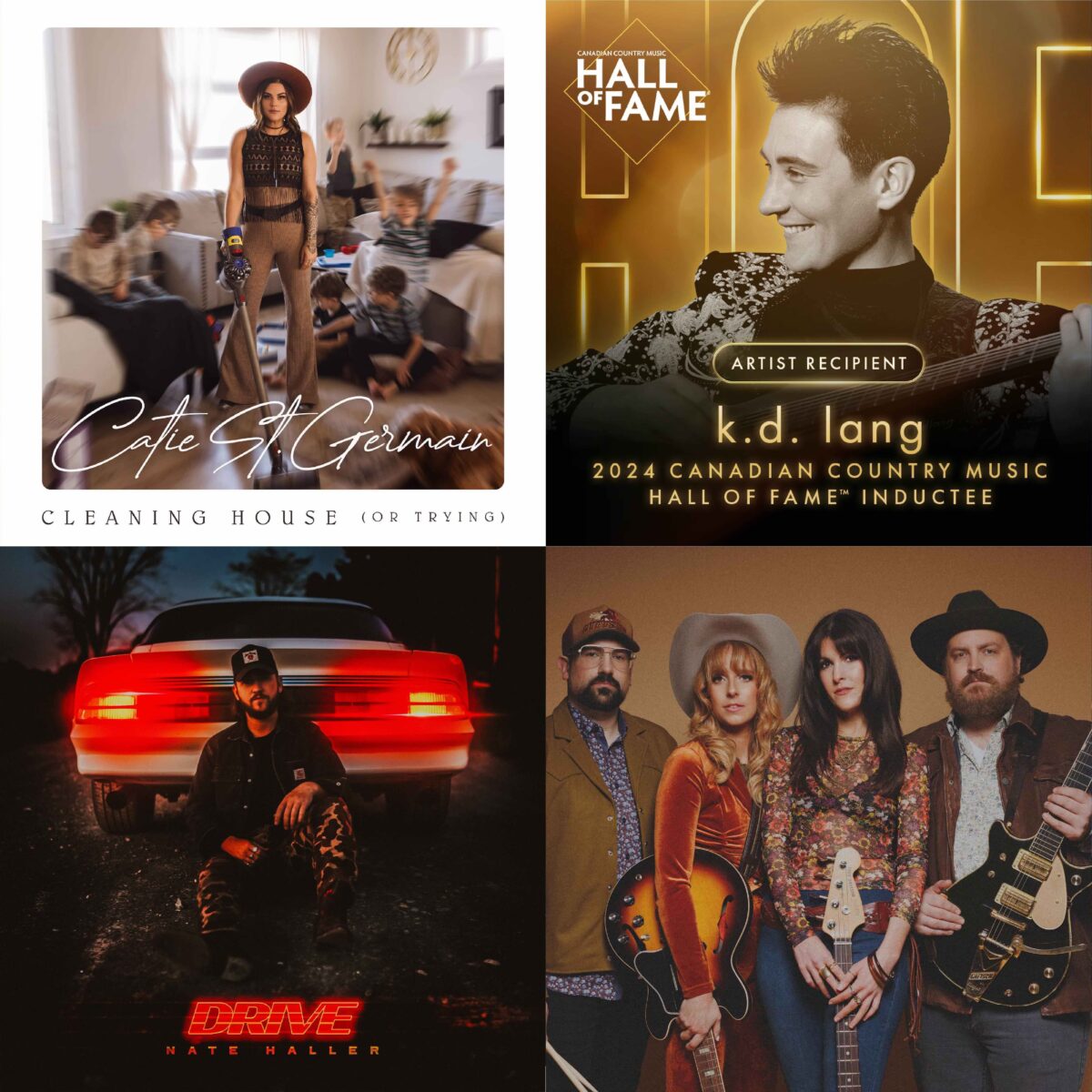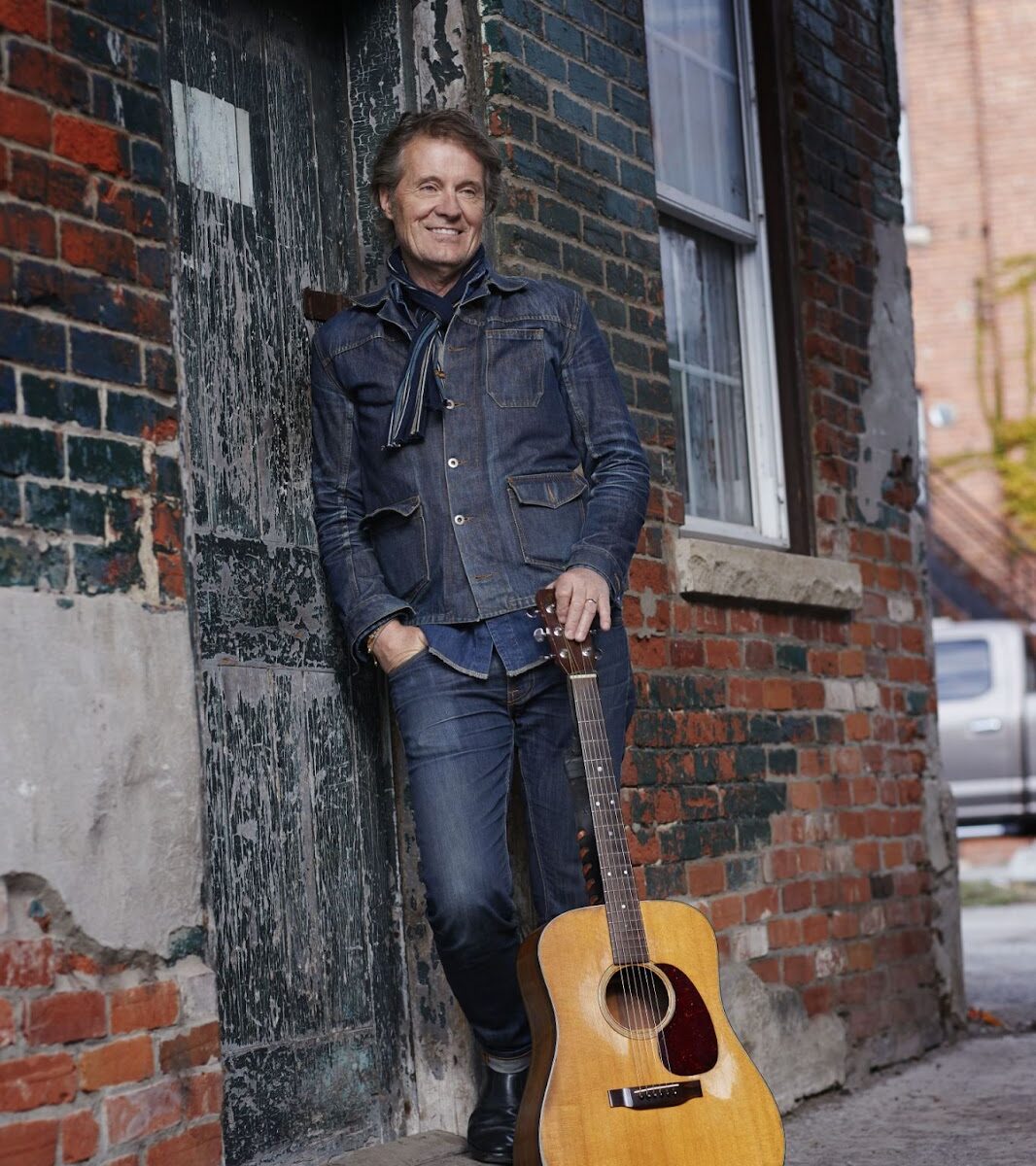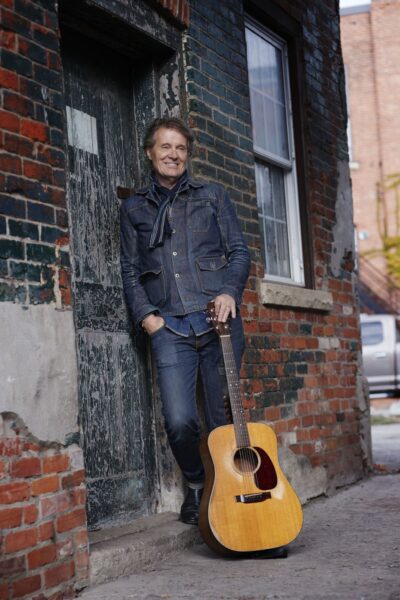Trooper on the red carpet – Photo by Charles Hope
By Brian Stanko
The red-carpet procession of the Trooper train spread across the branded backdrop where the members attempted to please the gaggle of photographers–aiming for poses that balanced the inherent sense of rock ‘n’ roll attitude with the fact that the accumulated years had taken much of the edge off that attitude, leaving some very broad and sincere smiles.
Other inductees to Canada’s Music Hall Of Fame staged Thursday May 18th at Studio Bell Centre in Calgary, included Country Artist, Terri Clark, Francophone star Dianne Dufresne and noted jazz pianist Oliver Jones who joined Nickleback who were already inducted in this year’s Juno Awards ceremony staged in Edmonton.
Of course, this was occurring as the original heart and mind of the project, Ra McGuire and Brian Smith, moved smoothly to engage aforementioned gaggle and answer what would likely be similar questions repeated over and over as they walked the gauntlet, which fortunately for them wasn’t too long.
When asked who they decided to bring along for the festivities, Ra quipped, “Just the ones we liked.” Which included Tommy Stewart, Harry Kalensky, Frank Ludwig, Donny Underhill, Rob Deans, Gogo, Scott Brown, and Clayton Hill. Later in his acceptance speech, Ra would add 15 more names to the Trooper machine that crisscrossed, and side crossed, and moved like ocean waves across this great dominion year after year since the early 70s.
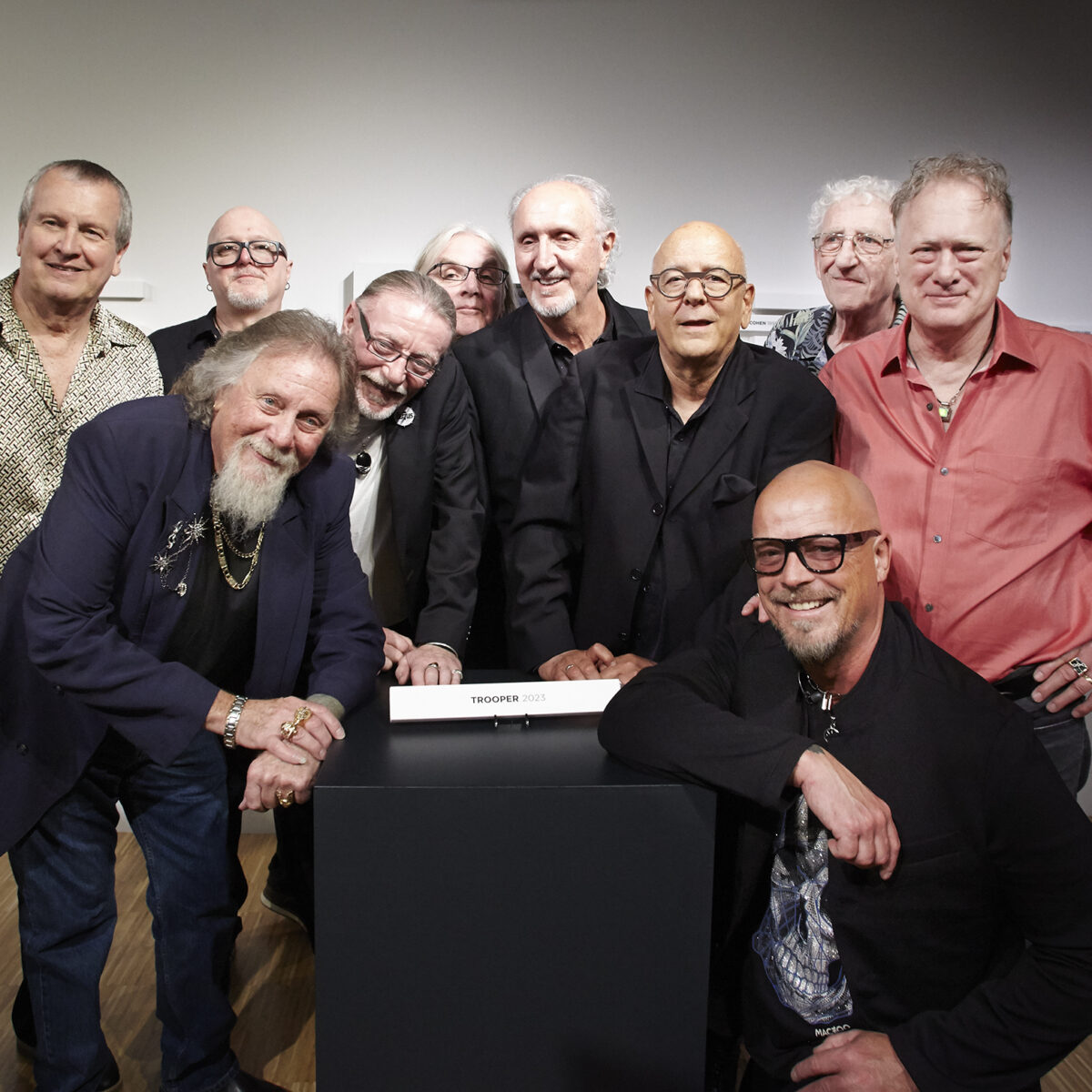
Once could spend pages listing all the Trooper accomplishments, but that wouldn’t focus on the members as people assembled here or the subtle philosophy that underpins so much of their material. As McGuire comments, “It’s great been being here,” and the journey’s been, “a whole lot of fun.”
Earlier Rick Mercer noted, “Trooper’s such an important band in Canadian history.” When his friends found out what he was doing this evening, inducting the band into the hall of fame, “They were thrilled…and thrilled for me.” He quickly added, “I would have done anything to be here. This is great. They deserve it and they’re such great guys.”
As I prepped for this evening’s festivities, I contemplated what direction I would take and what would be my focus; doubtful that I could find any perspective that hasn’t been touched on during the thousands of interviews and articles each band member has encountered. So, in looking for the key, I returned to the obvious starting point, the music. Listening to every album in chronological order over the span of a few days, and then returning to several of them over the next week, it stuck me; there’s a deeper aspect to the songs, a 60s kind of flower power sensibility that isn’t earth shattering but is very zen. Perhaps it was the zeitgeist of the dwindling 60s energy connected to the west coast attitude that infused the Trooper sound from day one and never left it. The mantra of, ‘life is what you have, and life is what you make of it.’ The Ying-Yang binary of life is good and bad, but it’s how you live that defines the journey.
The bring-down-the-house closer “Raise a Little Hell” which Rick Mercer claims should be the true Canadian national anthem, isn’t about getting shitfaced and causing trouble, it’s about shifting your perspective and looking in the mirror, knowing that change can only come from within.
The lyrics and catch phrases that hold the singular philosophy can be found in many of the Trooper repertoire. In “Santa Maria,” the journey is more important than the destination. “Say Goodnight” lets a relationship narrative follow its natural trajectory, rather than forcing it to be something different; free of malice, absent of anger. “General Hand Grenade” has lost souls looking for something can’t find because they don’t know what they’re looking for.
Says Smith, “I’m pretty proud of all the recordings. As a matter of fact, a lot of my favorite songs were never hits. I think one of our best albums was ‘Thick As Thieves.’ There’s some amazing playing on that and some great, great sounds…a very melodic album.”
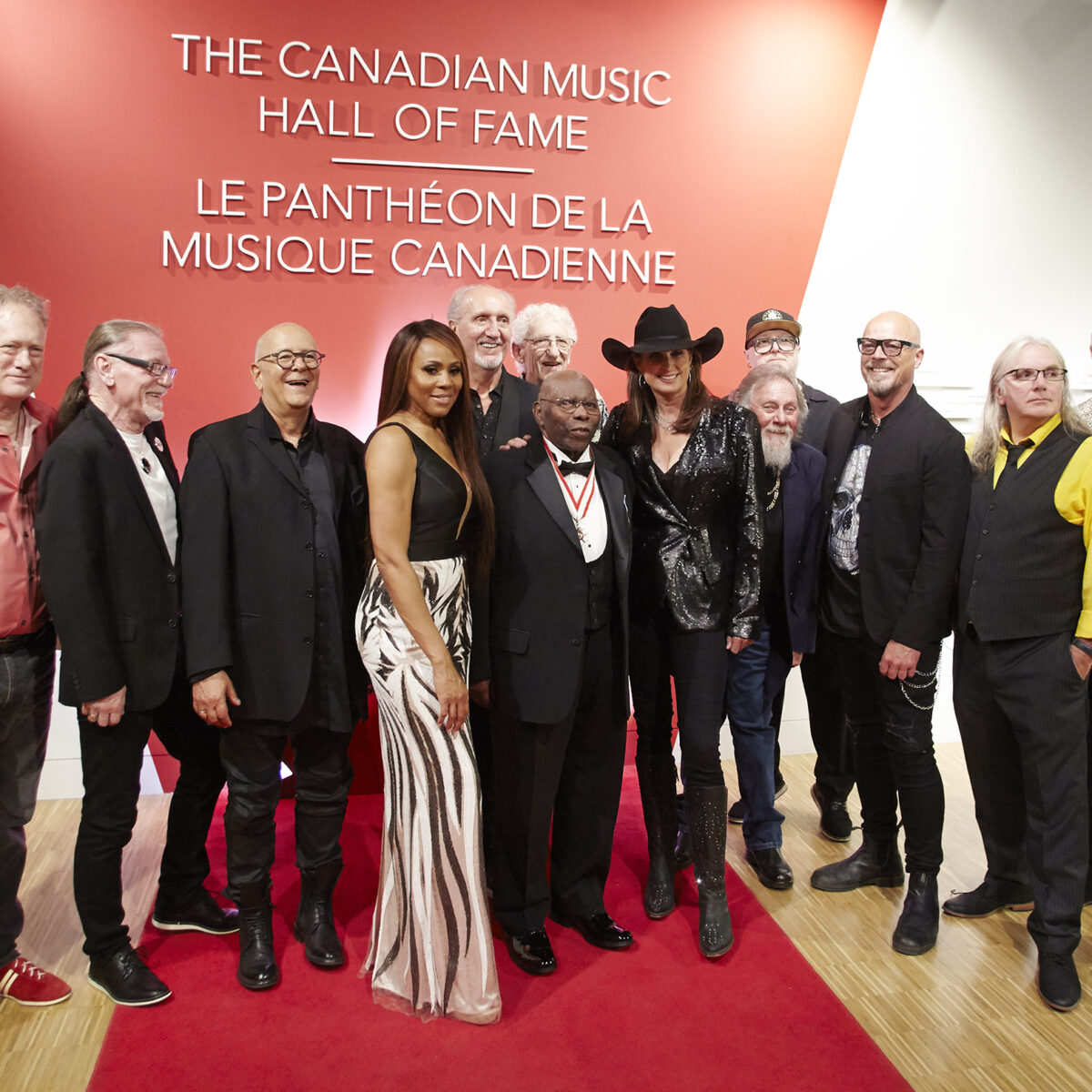
“Two For The Show” plays on a nursery rhyme to lay out major record company logistics of the 70s where artist were often signed to a four album deal and expected to tour to sell each album. Back then a band toured to sell albums because that’s where the money was. Now, a band tours to make money because streaming services pay next to nothing. “One for the money,” where a band would promote their first album and hope to sell several units in each city played. “Two for the show” where the band could stretch their creative juices and find a few songs aimed for performance. “Three for the lady on the radio,” where airplay would be the critical step in a band’s evolution. And “Four might be the one you’ll never know;” the double-edged prediction where, depending on the success of the first three and what expectations were met; the fourth might not come to pass or might be something magically different. And there’s the very gentlemanly comments of the speaker musing that it would break his mother’s heart ‘if’ I tell her she’s too old. And ‘if’ I tell the queen of virtue she’s out of key it would break her heart. attend the show. This narrative isn’t the edgy in your face attitude found in so much music these days, nor is it saccharine sweet story that the narrator would lie to lessen the pain—he’s quietly contemplating the effect his words would have on another person. If one continues the story, the narrator does tell them the truth, but with a kind heart.
“The Boys In the Bright White Sports Car” is about perceptions, ‘some old lady’ just knew that the boys were up to no good and couldn’t possibly own the car. Given the year the song came out, I picture the boys having long flowing locks and laughing intensely, hence don’t judge a dude by his cover.
As our conversation bounces from topic to topic, I ask Smith about his guitar sound on the first album and how it reminded me of the BTO guitar sound. “He [Randy Bachman] copied me, what can I say.” Smith continued that he had a Marshall stack and primarily used his Les Paul so the sound was very much his own, but he couldn’t deny Bachman’s influence on the recordings.
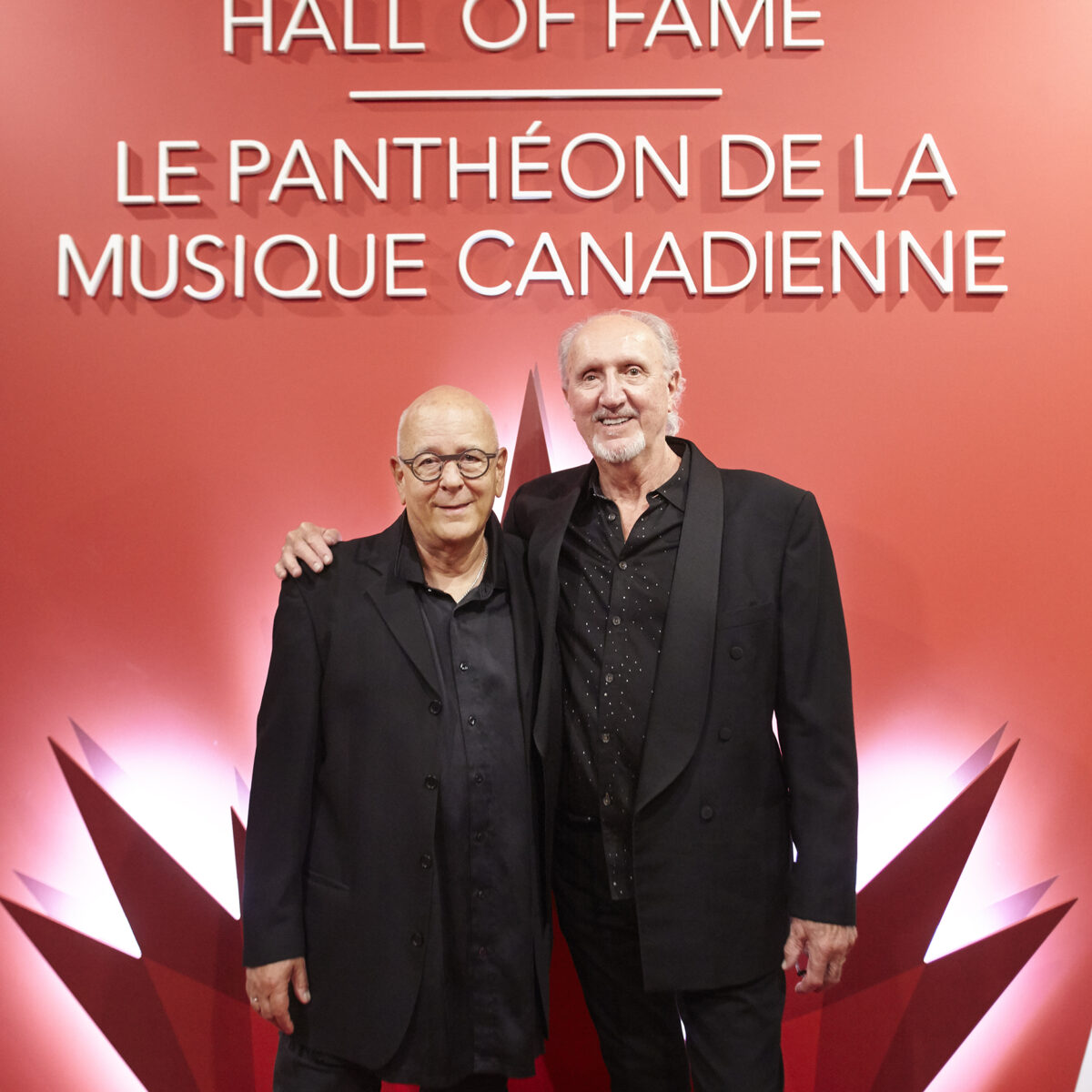
And what does the future hold for Mr. Smith and Mr. McGuire? Smith answers non-committedly “I do some playing at home in my studio and I write stuff, but it’s… So it’s not like we’re writing together and it’s really not one of our ambitions at this point, but you never know, because I’ve got lots of ideas.” Yes, I do believe that.
Ending the conversation Smith looks at me and smiles, with a twinkle in his eye, “Well anyway, so that’s that eh?” Yes, Brian, the end of my questioning, the end of the evening, the final period in this chapter of the history of Trooper…time to continue living life.

